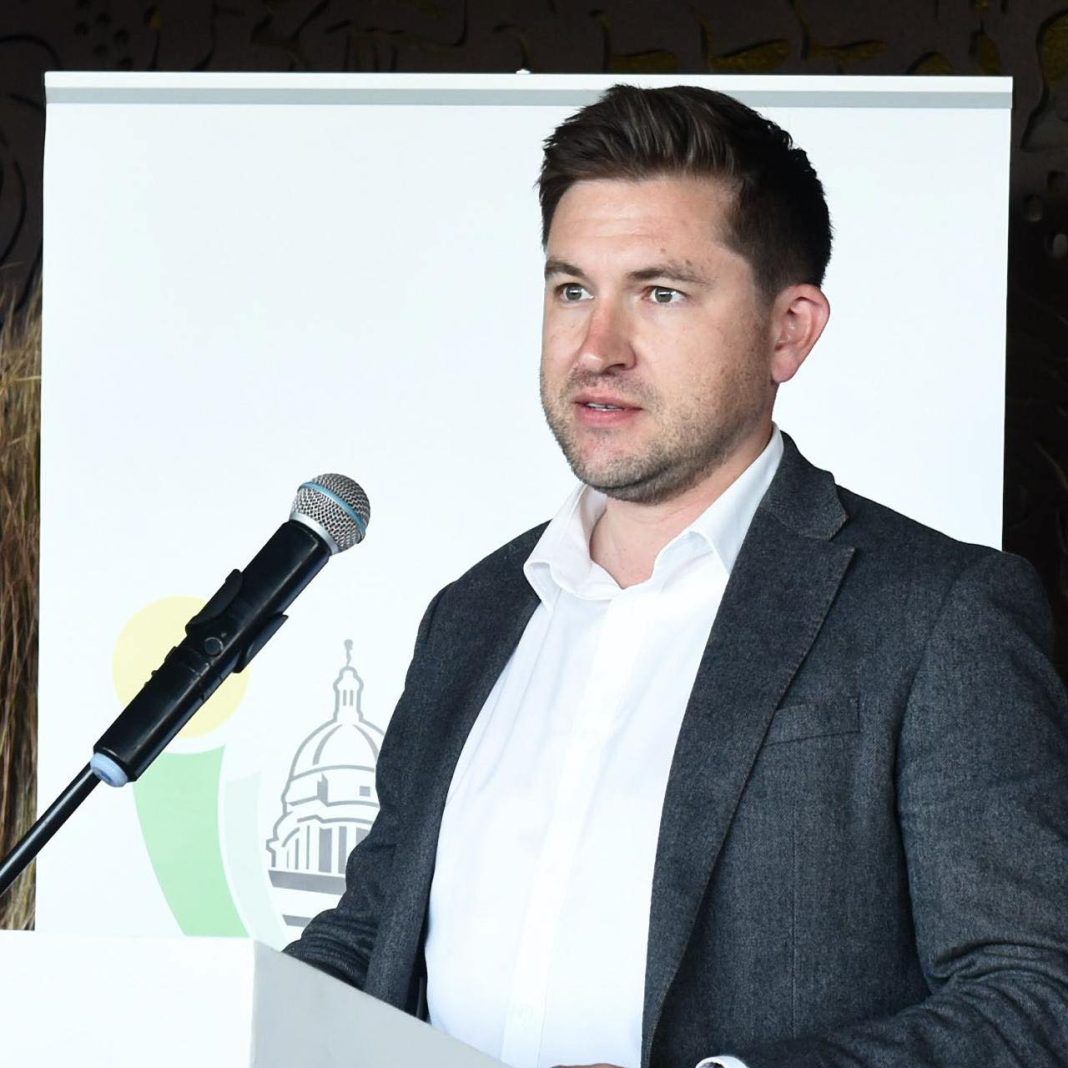By Akani Nkuna
The Democratic Alliance (DA) in Tshwane has warned that the metro could face an “inevitable” cash-flow crisis within the next 12 months unless urgent steps are taken to stabilise its finances.
The party’s leadership in the capital, led by its mayoral candidate for next year’s local government elections, Cilliers Brink, proposed measures it said would prevent the city from sliding into a position where it was forced to draw on pension funds to cover operating costs.
“The expenses incurred by the city is much higher than the realistic collection of income, and this is a result of bad policy and bad government. Tshwane has been in an acute financial crisis since the city has been placed illegally under administration for a prolonged period of time in 2020,” said DA Tshwane spokesperson for utilities, Jacqui Uys.
“The city now faces a deficit of between R4 billion and R6 billion by the end of this financial year. This is a result of bad decisions that included an attempt to plague the deficit with the city cleansing levy, the decision to not continue with the roll out of smart metering systems, and a backroom deal with labour unions in order to backdate salary increases.”
The comments were made during a press briefing in Muckleneuk, Pretoria, on Tuesday, where the DA spoke about the “shortcomings” of the current coalition government, led by ActionSA Mayor Nasiphi Moya.
Attributing the problems to a “lack of strong leadership”, the DA said the administration had ignored basic governance principles, which had contributed to the looming financial crunch.
Uys said significant changes were needed to ensure the city does not end up choosing between servicing its Eskom debt, repaying loans or meeting salary and pension obligations to employees.
“Whichever three of these scenarios occur, the consequences to the City of Tshwane will be devastating, and its ability to fund capital project and improve service delivery will be extremely halted,” Uys said.
The city must repay R1.6 billion in bullet loans in June 2026 and, if it defaults, faces a wider financial crisis as other lenders could call in their loans, creating an environment of financial uncertainty despite any scope to negotiate a settlement, Uys said.
Brink said the city must prepare a new budget funding plan to cushion the anticipated crisis. He called on council to adopt measures, “which may be income based or expenses based” to avoid a cash deficit.
“Tshwane’s budget is not credible and a new set of urgent measures is required to avoid the financial crisis which we clearly see coming in the next year,” Brink said.
“These are positive, proactive and constructive suggestions which if they are taken up by the city in the spirit of good governance and the interests of the residents, can lead to better outcomes. We hope these suggestions can be accepted in that spirit,” he said.
INSIDE METROS

